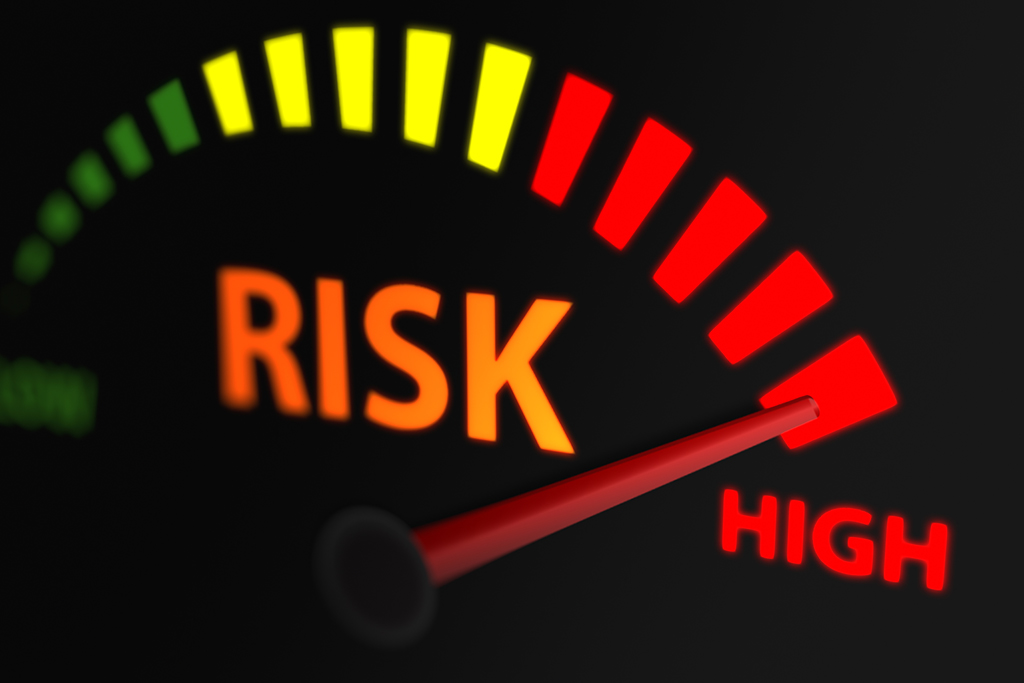
Our Emergency Electrician Knows About Risks You Probably Don’t Even Know You’re Taking | Myrtle Beach, SC
Photo By ninefotostudio at Shutterstock
Electricity is complex and holds people accountable who don’t follow its rules. Our emergency electrician can tell you about times when people didn’t realize how much they are protected by professionally installed wiring and protective devices. For example, a plumbing leak inside your walls can also lead to corrosion in your wiring, and modern AFCI protection in your circuit breakers can prevent a fire that might otherwise occur from arcing or short circuits caused by the corroded wires. Of course, if you don’t have AFCI protection, you’re taking a risk if your wires weren’t inspected after a leak, and if you never realized there was a leak, it’s all hidden from your awareness. At Mister Sparky of Myrtle Beach, SC, we look forward to helping our customers protect themselves against unknown risks by inspecting their wiring and making them aware of typical problems that aren’t easily discovered without effort. Our role as an emergency electrician for our customers helps us respond quickly when those risks lead to actual dangers such as fire.
Electricians Are Trained to Manage the Power of Electricity
The design of power lines, wiring inside your home, even of appliances and phone chargers, is all performed to contain and harness electricity without exposing us to the inherent dangers that it represents. Emergency electricians have a keen eye for these dangers. Electricity can produce heat, electric shocks that affect our bodies and even stop our hearts, sparks that can ignite gas or other flammable material, and other dangerous effects. By providing well-designed wiring that is capable of carrying a certain amount of electrical energy, we can harness that power for domestic uses. Damage to the wiring can add the risk of short circuits or even heat, and using more power through that wiring than it was designed to carry can also result in heating up and possibly causing further damage that our emergency electrician can help you avoid. Equipment powered by electricity is carefully designed to protect the user from contact with the raw power inside, and electrical connections and equipment are protected against contact with water, which allows power to travel in unpredictable ways wherever moisture is present. Modern GFCI devices help by responding to recognized risks that involve water so people don’t get connected in the circuit and receive electric shocks. As the power levels and voltages rise, the principles involved in controlling electricity become more complex, which is one reason that your home isn’t directly connected to high voltage lines. Our emergency electricians are trained and experienced in recognizing when these protections and ways of containing electricity in your home may be compromised, so they can help you eliminate the hazards they represent.
There’s More to Making Wiring Work than Making the Light Turn On
Many people have the misconception that if they can get an electrical device to work, it’s wired correctly. As our emergency electrician can tell you, electrical wiring is the result of training and careful design, not trial and error. If you connect three hair dryers to a regular extension cord and plug it in, you may get results, but when they’re all turned on full, you’ll probably get smoke and possibly sparks somewhere, and hopefully, the circuit breaker will step in and take charge by shutting down the power to that circuit. The problem is, in this case, drawing way too much power through a circuit, and through the extension cord as well. A standard hairdryer uses about the same amount of power as a microwave oven, and both of them use most of the capacity of a standard 15 Amp circuit, with multiple units tipping the scales and causing trouble. If our emergency electrician sees damage to your power outlets around the openings, that could be a sign that an overload was present at one point, resulting in heat that discolored the outlet material.
Is Battery Power Safer Than Power from Wall Outlets?
You may know that batteries typically, but not always, have much lower voltage than your home’s electrical wiring. Batteries still present many of the risks that are present where your home’s wires run, including fire and even electric shock. As our electricians can tell you, carrying batteries in your pocket, especially rechargeable ones that have all the contacts together on one end, can contact metal objects that form a short circuit and produce heat, enough to warm your pocket or worse, depending on the capacity of the battery and the nature of the short. These days, there are batteries in your home with much higher capacity, such as the one in your UPS backup power supply, motorized toys such as kids’ ride-in cars, and storage to operate sump pumps in emergencies or manage renewable power sources such as solar electric power. Short circuits in these batteries can have serious consequences.
Smart Home Devices Can Create Risks
A new challenge our emergency electrician faces is the remote control of outlets and switches by smart home systems. What seems like a “dead” outlet or switch can become “live” due to a timer setting or remote control command, and suddenly hazardous electricity is present. A cord plugged into a smart outlet or a fixture connected to a smart switch, could be energized without notice. Proper practices drilled into electricians since their first days of training help them avoid accidental contact with dangerous power, but for do-it-yourselfers, these devices could present surprises and hazards.
Seeing Your Home’s Electricity Through the Eyes of Our Emergency Electrician in Myrtle Beach, SC
Our Mister Sparky of Myrtle Beach experts are on call to help you respond to electrical emergencies, and they’re also experts who can help you identify potential electrical hazards in your home, either inherent in your home’s permanent wiring and equipment, plugged into outlets, or connected to batteries and solar power systems. Call us today for help in managing your home’s electricity safely and recognizing potential electrical risks.

